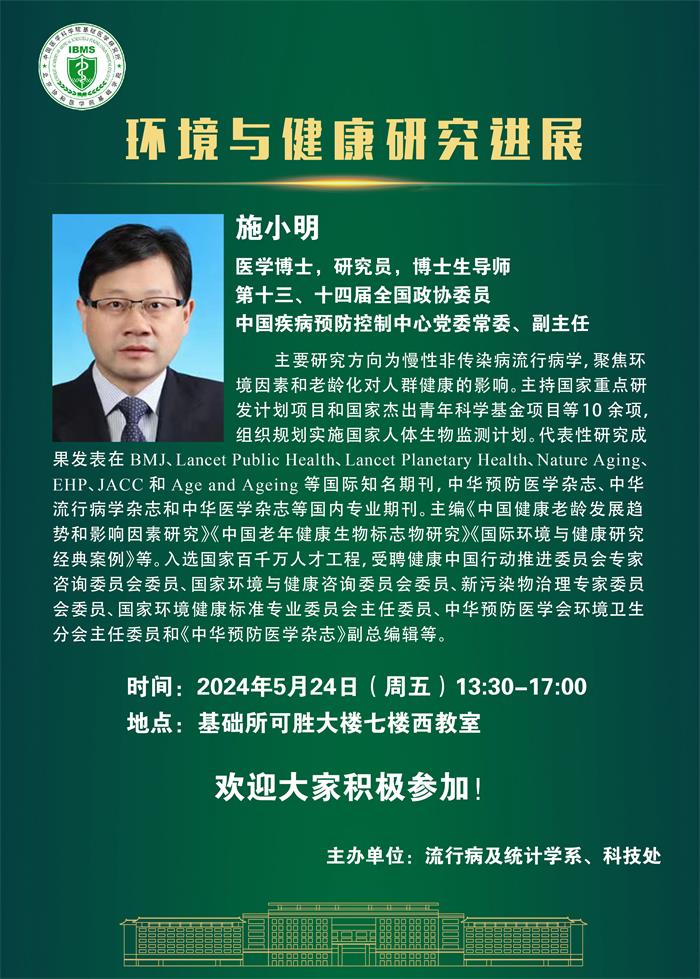Targeting carnitine palmitoyl transferase 1A (CPT1A) induces ferroptosis and synergizes with immunotherapy in lung cancer
Lei Ma # 1 2, Chong Chen # 3 4, Chunxing
Zhao 1 2, Tong Li 5 6, Lingyu Ma 1 2, Jiayu Jiang 1 2, Zhaojun Duan 1 2, Qin Si
1 2, Tsung-Hsien Chuang 6, Rong Xiang 7, Yunping Luo 8 9
Signal Transduct Target Ther.2024 Mar
7;9(1):64.doi: 10.1038/s41392-024-01772-w.
PMID: 38453925
Abstract
Despite the successful application of
immune checkpoint therapy, no response or recurrence is typical in lung cancer.
Cancer stem cells (CSCs) have been identified as a crucial player in
immunotherapy-related resistance. Ferroptosis, a form of cell death driven by iron-dependent
lipid peroxidation, is highly regulated by cellular metabolism remolding and
has been shown to have synergistic effects when combined with immunotherapy.
Metabolic adaption of CSCs drives tumor resistance, yet the mechanisms of their
ferroptosis defense in tumor immune evasion remain elusive. Here, through
metabolomics, transcriptomics, a lung epithelial-specific Cpt1a-knockout mouse
model, and clinical analysis, we demonstrate that CPT1A, a key rate-limiting
enzyme of fatty acid oxidation, acts with L-carnitine, derived from
tumor-associated macrophages to drive ferroptosis-resistance and CD8+ T cells
inactivation in lung cancer. Mechanistically, CPT1A restrains ubiquitination
and degradation of c-Myc, while c-Myc transcriptionally activates CPT1A
expression. The CPT1A/c-Myc positive feedback loop further enhances the
cellular antioxidant capacity by activating the NRF2/GPX4 system and reduces
the amount of phospholipid polyunsaturated fatty acids through ACSL4
downregulating, thereby suppressing ferroptosis in CSCs. Significantly,
targeting CPT1A enhances immune checkpoint blockade-induced anti-tumor immunity
and tumoral ferroptosis in tumor-bearing mice. The results illustrate the
potential of a mechanism-guided therapeutic strategy by targeting a metabolic
vulnerability in the ferroptosis of CSCs to improve the efficacy of lung cancer
immunotherapy.





